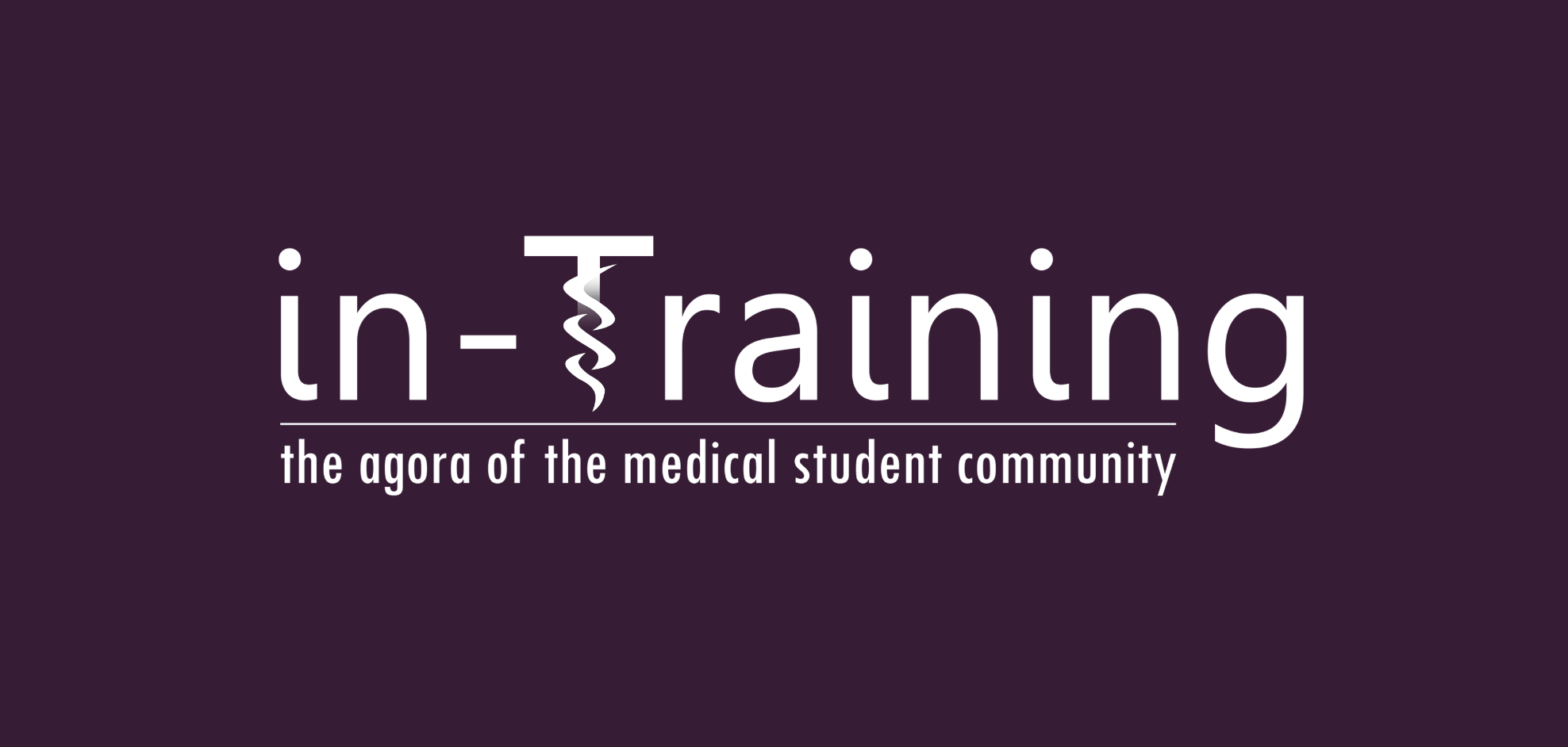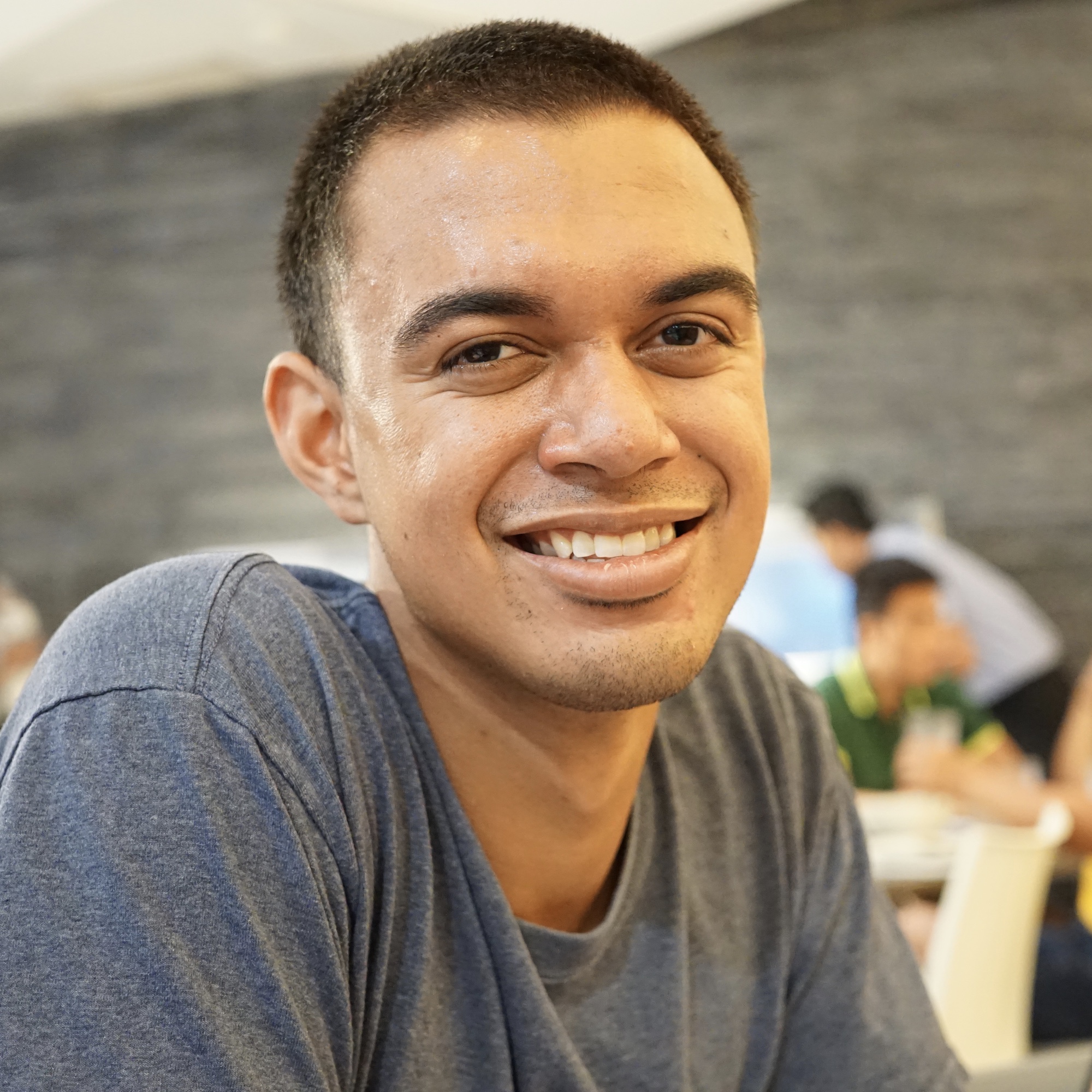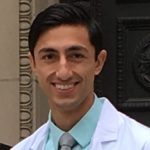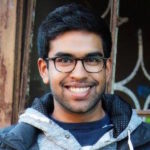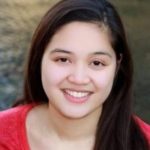Happy New Year from in-Training! Our Top 10 Articles of 2017
To celebrate another successful year as the agora of the medical student community and the premier online publication by and for medical students, we are proud to announce our 10 most-viewed articles from 2017. Thank you for joining us, and Happy New Year!



